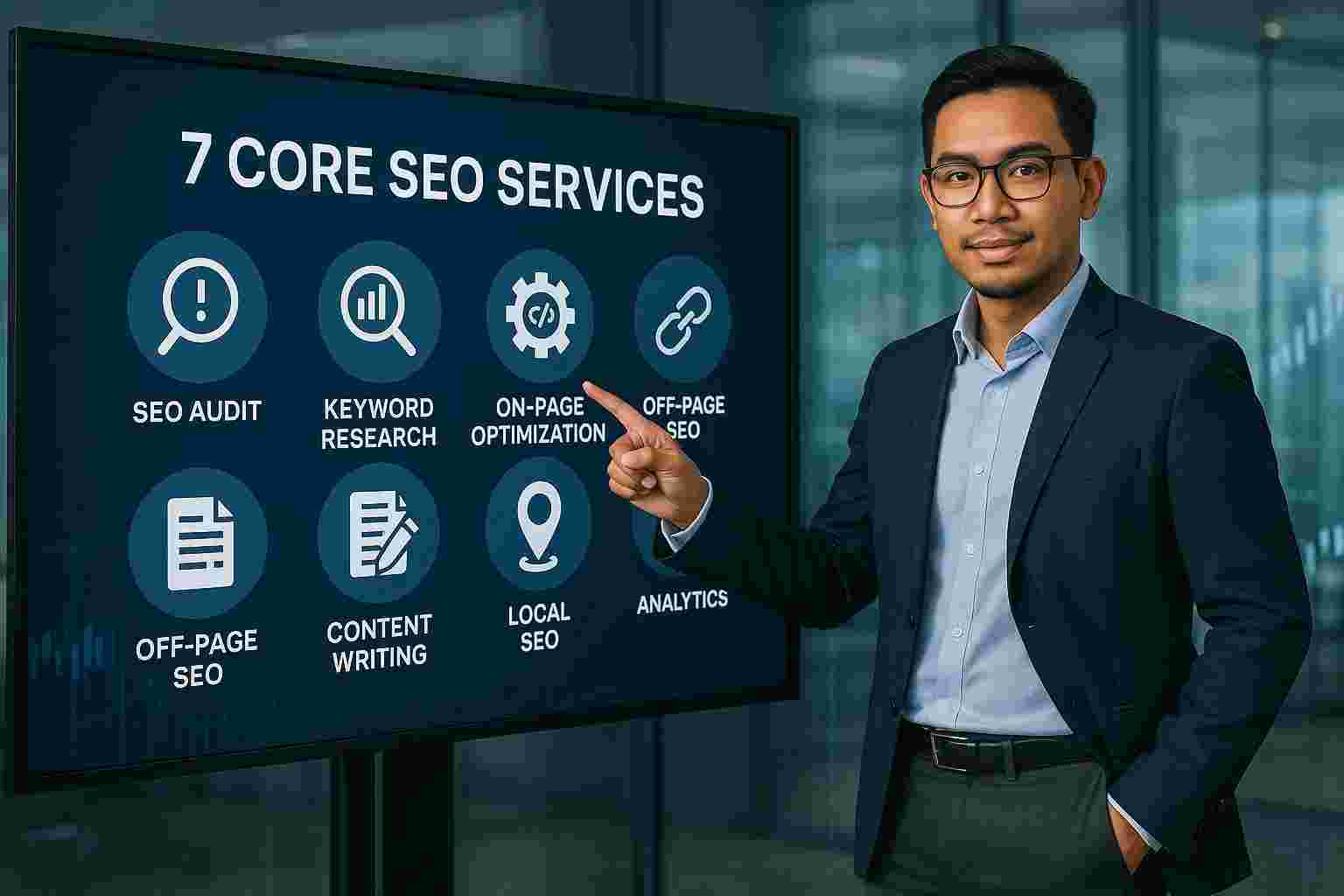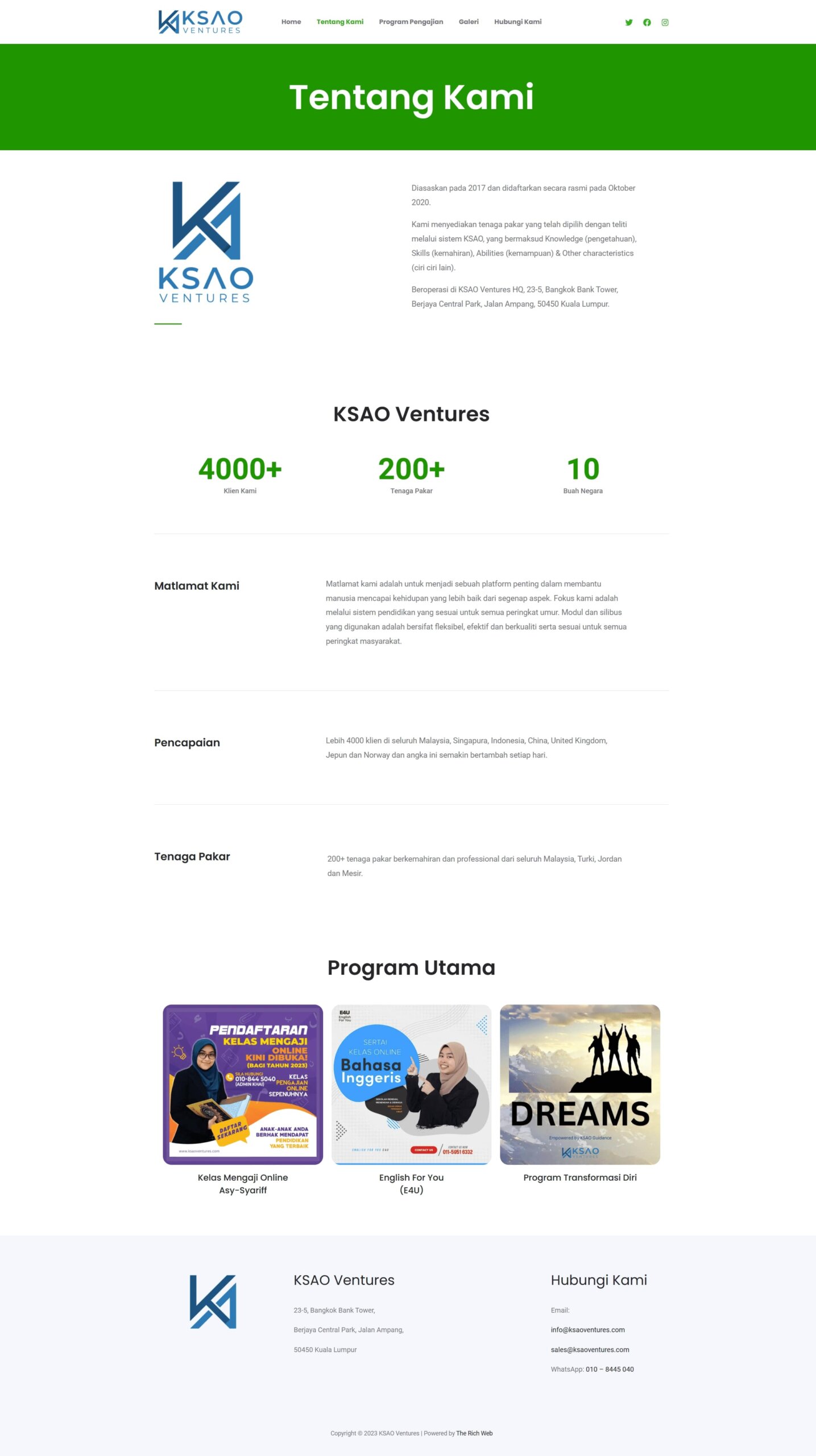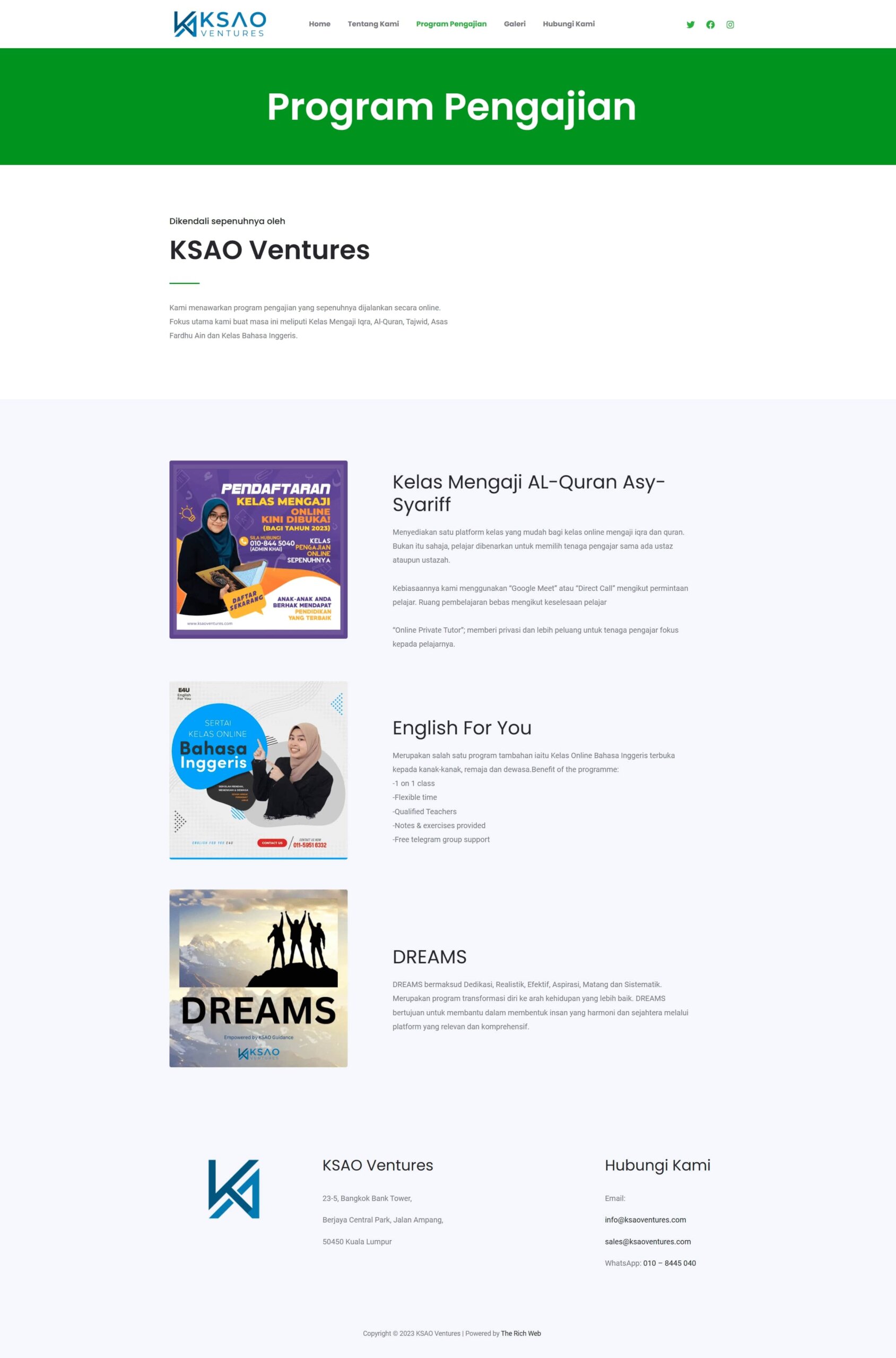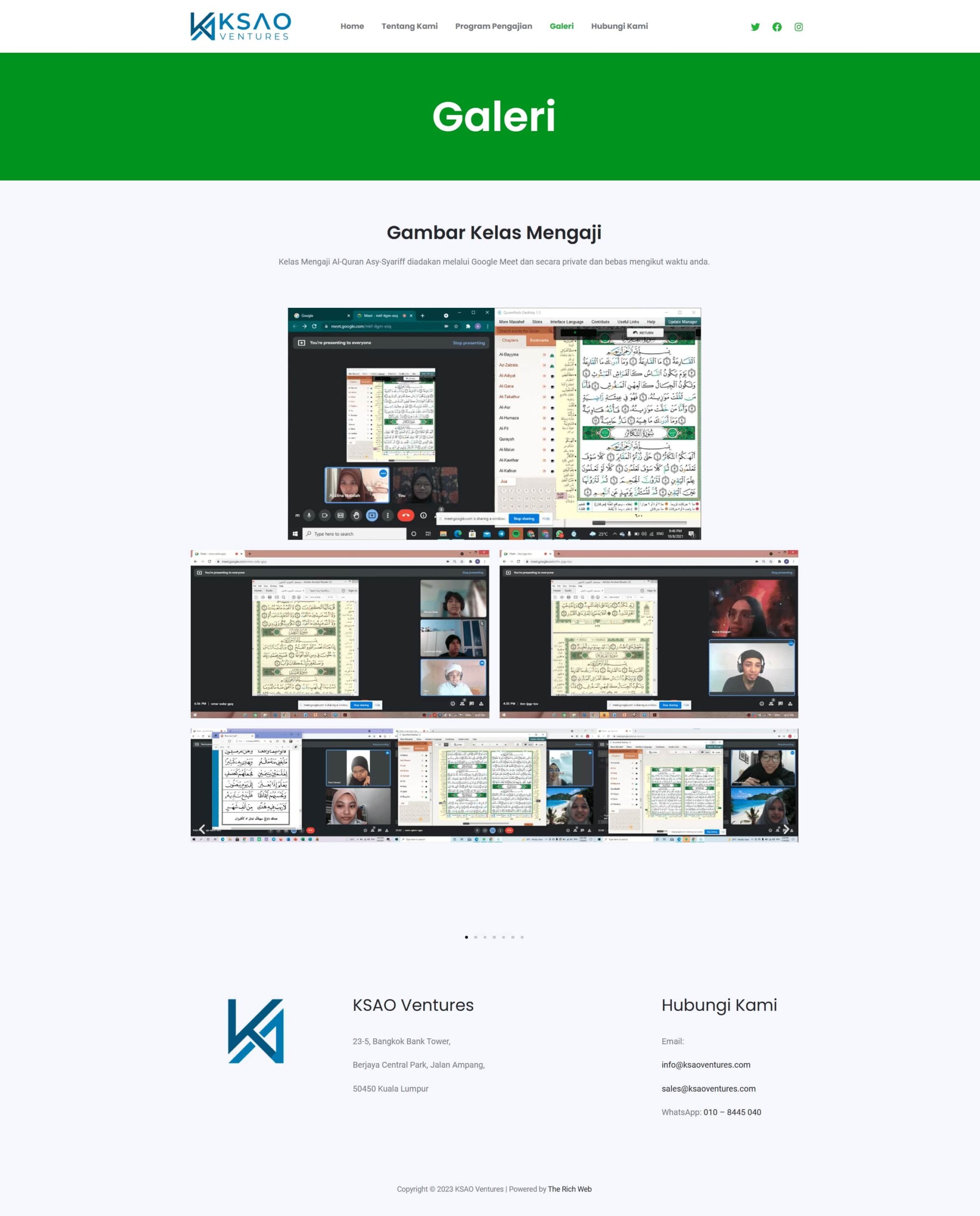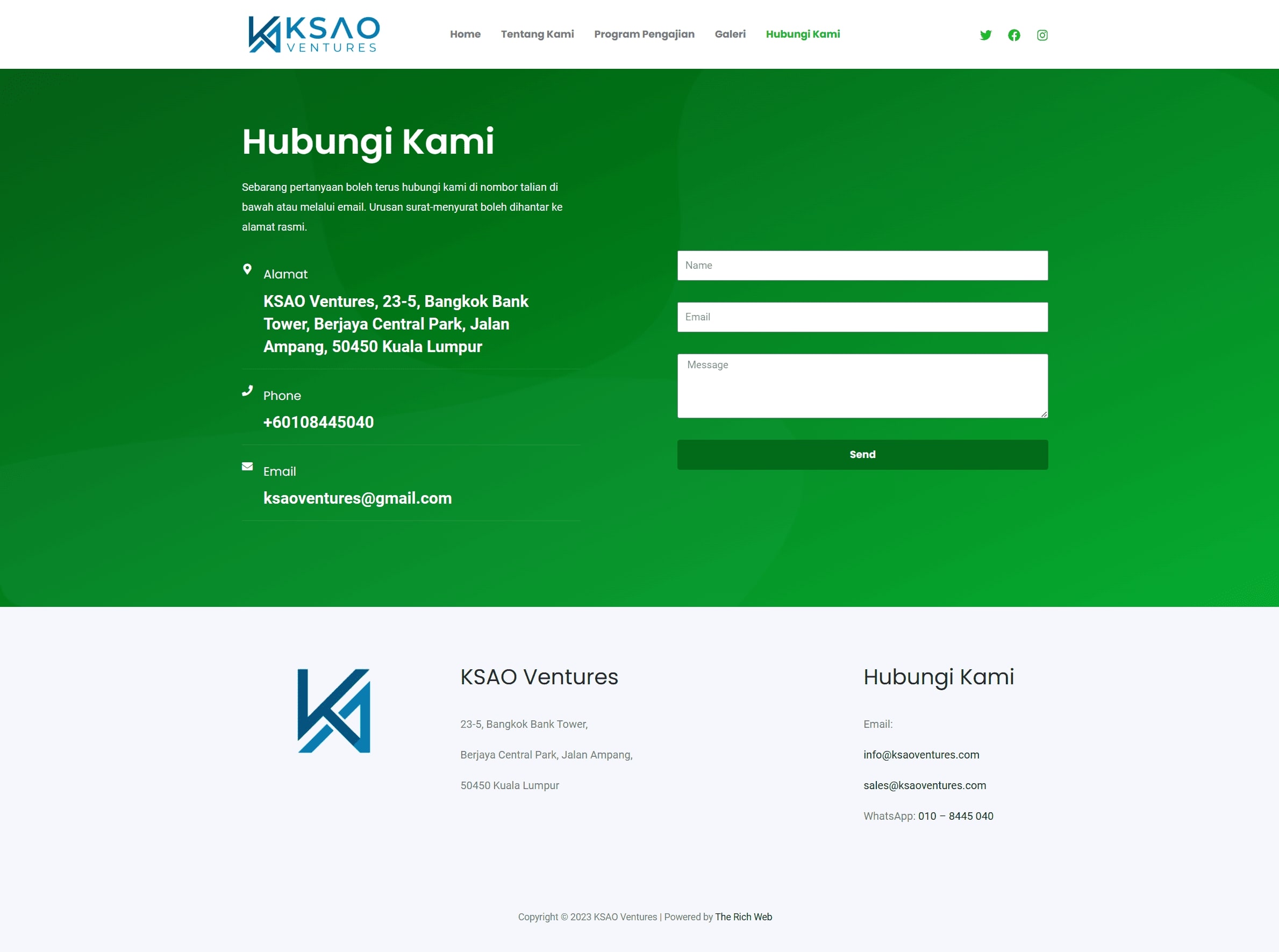Search Engine Optimization (SEO) is a critical component of digital marketing. Within the broad spectrum of SEO practices, on-page SEO holds a vital position in ensuring the visibility and ranking of a website on search engines like Google.
In this extensive guide, we will dive into what on-page SEO is, its significance in the SEO marketing strategy, how it contrasts with off-page SEO, and provide illustrative examples.
What is an on-page SEO?
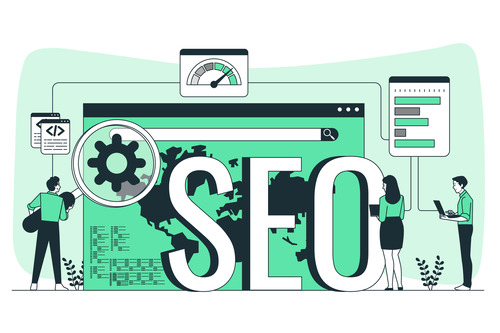
At its core, on-page SEO involves optimizing web pages to rank higher in search engines and earn more relevant traffic.
It refers to both the content and the HTML source code of a page that can be optimized, as opposed to off-page SEO which refers to links and other external signals.
To decipher what makes on-page SEO tick, imagine your website as a library. Just as a library organizes books in a manner that makes it easy for patrons to find what they’re looking for, on-page SEO structures your website and its content to be easily digestible by search engines.
From the proper use of keywords to the way your pages link to each other, on-page SEO makes your site more accessible and comprehensible to search engines, thereby increasing your chances of being favorably ranked.
Hire us!
🌐 Hubungi kami sekarang untuk meningkatkan prestasi laman web anda dan menguasai ranking enjin carian!

The Significance of On-Page SEO in Digital Marketing
On-page SEO is indispensable in the realm of digital marketing. By employing strategies that are focused on optimizing individual web pages, businesses can ensure that their site aligns with the algorithms that search engines use to determine relevance and rank.
This includes meticulous attention to details such as title tags, headings, content, and internal links. These elements must not only cater to search engines but also provide value to human readers.
The delicate balance between the technical and human aspects of on-page SEO is what makes it a linchpin in any SEO marketing strategy.
What is an example of on-page SEO?
In the realm of practical on-page SEO tactics, there are several crucial elements to consider. Take, for example, fine-tuning a bakery’s online presence.
You’d aim to strategically pepper the phrase “artisan bread” across prime real estate on your webpage—this includes the title tag, heading tags, and the body of your content, assuming that’s what your bakery is renowned for.
Moreover, it’s essential to tag images of your delectable bread with descriptive, keyword-focused alternative text.
Thoughtful internal linking also plays a pivotal role; it not only aids navigation for visitors but also directs search engine crawlers to pages of importance, like interweaving a ‘contact’ page link within a compelling call-to-action.
What is on-page and off-page SEO?

At the back layers of SEO, understanding the distinction between on-page and off-page tactics is vital. On-page SEO encompasses the aspects of your site that you have direct sway over, such as content and site architecture.
Off-page SEO is all about the broader web’s perception of your site—this includes incoming links from other websites, the buzz on social media, and promotional activities conducted beyond your own digital turf.
These two facets collaborate to bolster your website’s prominence in search engine listings. Take this for instance: content of superior caliber on your website that garners a substantial array of inbound links from reputable sources is more inclined to ascend the search rankings compared to content of a similar vein but with a scant link profile.
On-Page SEO Components
On-page SEO encompasses a variety of factors that search engines consider when ranking pages. Here’s a deeper look into some key on-page elements:
- Title Tags – Each page should have a unique title that includes the main keywords for that page.
- Headings – Headings help organize content and make it easier to read. They also serve as an indicator to search engines about the content on the page.
- URL Structure – Search engine-friendly URLs should be clear and include keywords.
- Alt Text for Images – This not only aids accessibility but also serves as a content indicator to search engines.
- Site Speed – Page load times can impact rankings, so it’s important to keep your site fast.
- Responsive Design – With the rise of mobile browsing, having a site that looks good on all devices is essential.
- Internal Linking – Links to other pages on your site can help search engines crawl your site more effectively.
Incorporating on-page SEO into your marketing strategy can seem daunting, but it’s a powerful tool in your arsenal to ensure that your business stands out in the digital landscape.
Understanding and implementing the techniques mentioned above can lead to a significant boost in your website’s search engine rankings.

At The Rich Web, we understand the intricacies of on-page SEO and how to weave it effectively into your comprehensive SEO marketing strategy.
Our team of experts is dedicated to optimizing every aspect of your website to ensure that it not only appeals to search engines but resonates with your target audience as well.
If you’re ready to climb the search engine rankings and showcase the best your website has to offer, reach The Rich Web today for a free consultation by contact us or WhatsApp us now.




